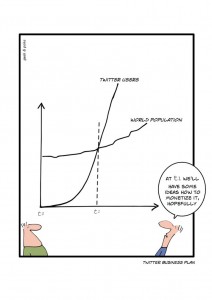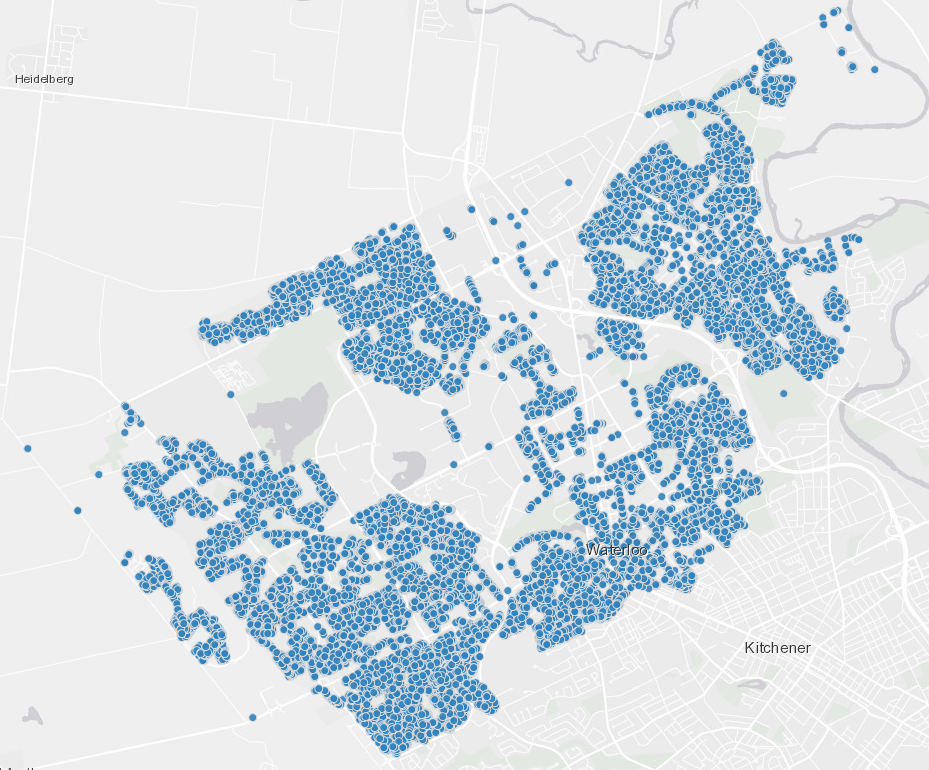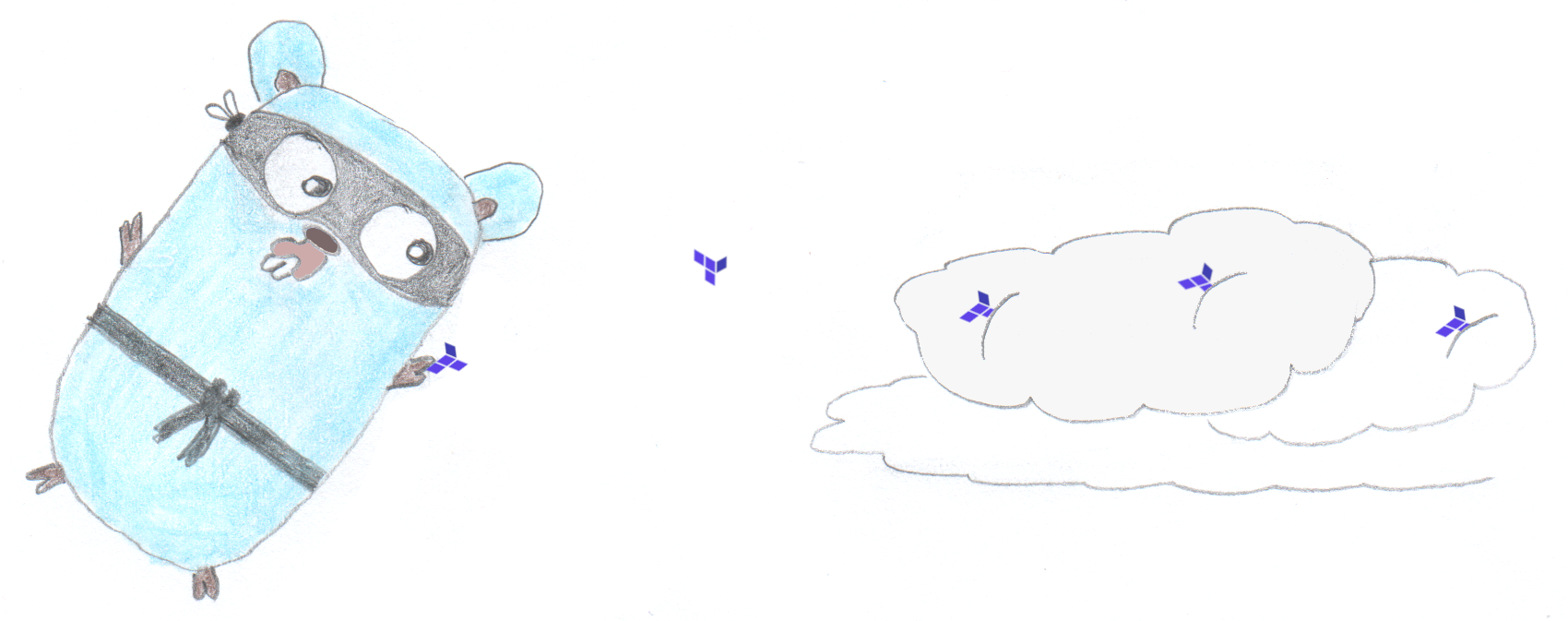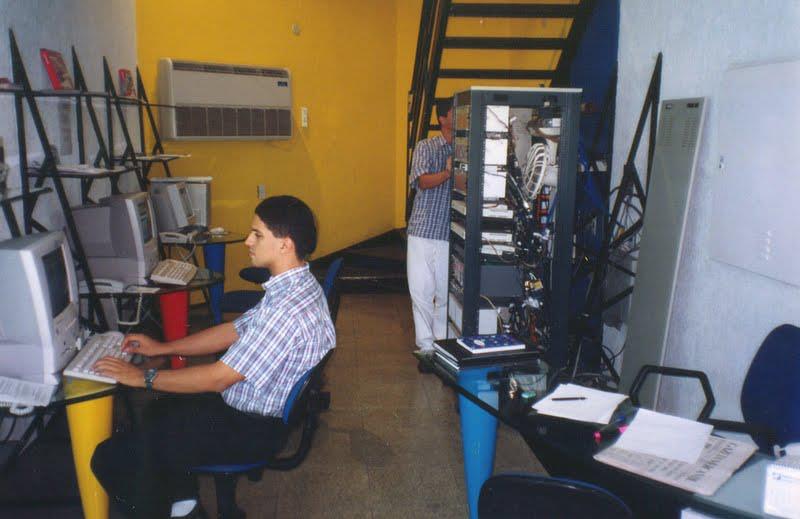Why not an Organizational Twitter?
In the organization that I’m working on nowadays people who are allocated in national and international projects should fulfill a long form in the first week of every month, describing their working activities and allocation in the previous month. To be honest, I’ve never seen something as unnecessary as that. They won’t have a precise idea about what people were doing with this. Of course, it is not going to be reliable because we don’t remember exactly what we did a month ago, how long it took and they don’t have a way to validate it. So, we try hard but even for us the information is not that precise. Probably, they use it to calculate salaries or it is an imposition of project funding institutions or something else. Whatever they do with this data, it cannot be used to generate analytical data, since the source is not reliable.
Thinking about this problem I realized that there is a simple and efficient idea out there to solve this organizational issue: Twitter. The new sensation of the internet has proved that people really like to keep other people updated about their personal life. The service increased 1382% year-over-year in February and it keeps on growing every day. It is a kind of microblog that accepts only 140 characters per post, which is good because people don’t actually waste time to keep it updated.

What could lead to some waste of time is to follow the updates of other people in the organization. But it is not so impacting due to the size of posts. In most cases, people don’t use all 140 characters and their updates are also an important factor of motivation to attract participation. Using a Twitter approach, the report of activities could migrate from a mandatory to a voluntary initiative, supporting the need of the organization for daily reports and increasing the reliability of the information to further analytical exploration.

Recent Posts
Can We Trust Marathon Pacers?
Introducing LibRunner
Clojure Books in the Toronto Public Library

Once Upon a Time in Russia

FHIR: A Standard For Healthcare Data Interoperability

First Release of CSVSource

Astonishing Carl Sagan's Predictions Published in 1995

Making a Configurable Go App

Dealing With Pressure Outside of the Workplace

Reacting to File Changes Using the Observer Design Pattern in Go

Provisioning Azure Functions Using Terraform

Taking Advantage of the Adapter Design Pattern

Applying The Adapter Design Pattern To Decouple Libraries From Go Apps

Using Goroutines to Search Prices in Parallel

Applying the Strategy Pattern to Get Prices from Different Sources in Go
